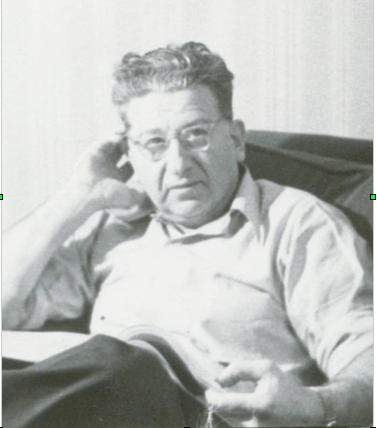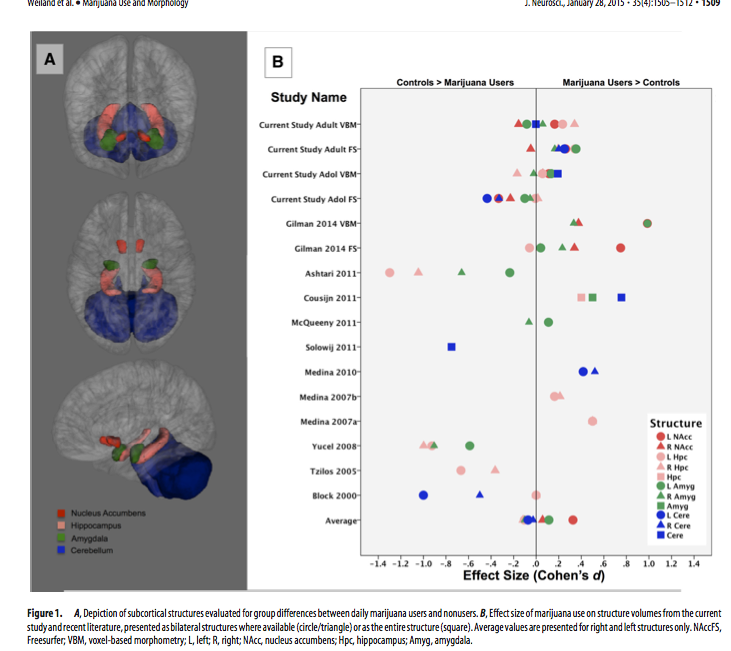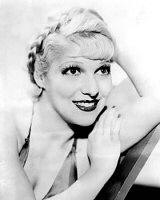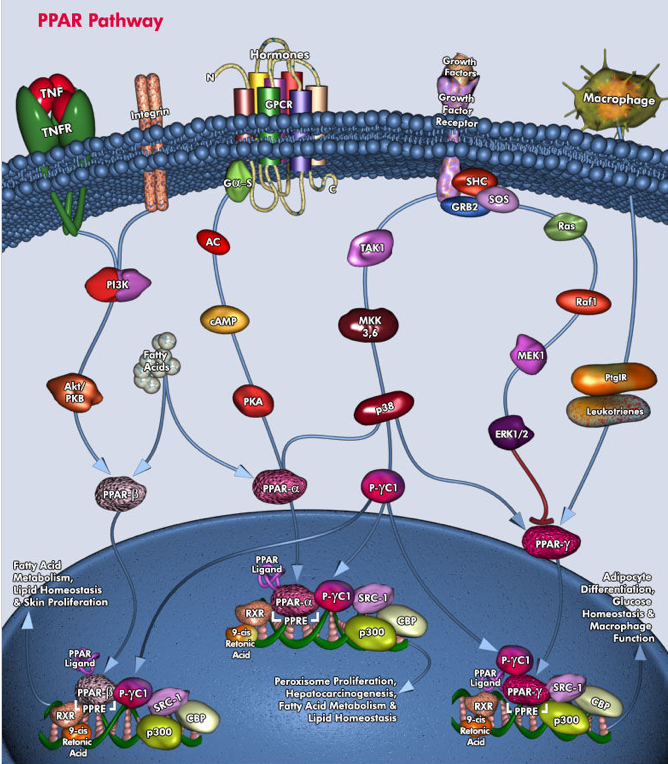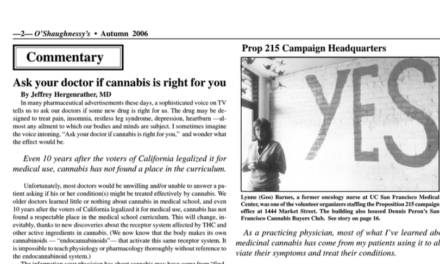A Remembrance by Lester Grinspoon
My father was born in Russia in 1898. There is some uncertainty about where in Russia; his death certificate lists Moscow as the place of birth, but there is some reason to believe that it was somewhere in the Pale. Apparently some months before his birth his father, Louis, left for America with the understanding that he would send for his wife, whom I called Bubbe, and the children to join him once he was settled. In 1900 Bubbe and her two children, Sarah who was four and Simon, now two, set out for the United States, and the family was reunited in West Newton where my grandfather now owned a dairy farm. I recall very little about either my grandfather or the farm and I believe that I was about five or six years old when he died. My grandmother lived until 1952; my recollection of her was as a rather crabby, rather unpleasant woman for whom I had little fondness but, with pressure from my mother, I would, as a child, walk from Auburndale to Waltham about once a month to pay her a visit. Upon her death she left each of her grandchildren a $25 (at maturity) World War II War Bond.
I know very little about dad’s youth except that he attended Newton High School, presently the site of Newton North High School. At that time it consisted of only one yellow brick building which survived long enough for me and my siblings to follow in dad’s footsteps. Sometime during his high school years he joined my grandfather in getting up early to milk the cows and deliver the milk before school. He had no formal education beyond high school but he was a voracious reader and books became terribly important to him (it would have been beyond his fondest dream that one of his sons and two of his grandsons published a number of successful and influential books). At some point he became interested in real estate and was apparently reasonably successful at it. He met and married my mother, Sally, a young divorcee, sometime in the early twenties. Their first child, Lenore, was born in 1925. Less than two years later Martin was born but with catastrophic brain damage due to an obstetrical accident. It involved the left side of his brain which left him with paralysis of the right side of his face and his right arm and leg. Even his speech was somewhat impaired. By the time he was three or four he began to have fairly frequent grand-mal epileptic seizures. My parents, who were not medically sophisticated, spent a great deal of their limited time and funds in search of a physician who could “heal” Martin, all to no avail; ultimately he had to be institutionalized at about age 8 at a now defunct hospital, Cottage Farms, and after a year or two, because they could no longer afford private hospitalization, he was transferred to the Grafton State Hospital for impaired children, located in western Massachusetts. I was born in 1928 and my brother, Harold, 13 months later. Their youngest child, Kenneth, was born in 1932.
Through his relationship with his brother-in-law, Harry, a practicing lawyer, dad became interested in the law. He subsequently enrolled in Suffolk Law School, the night school division. According to my mother many years after his untimely death, at the end of the academic year he told a classmate that he believed that he could pass the law exam without taking the second year. At that time, the only credential required for practicing law in the state of Massachusetts was the successful completion of the law exam; a law degree was unnecessary. A classmate apparently laughed and said that it couldn’t be done; they made a wager. Dad proceeded to take the law exam and passed, and shortly thereafter began the practice of law. I recall my mother saying at the time she told me this story that she wished he had never entered the law because he never made a living of it and he had been doing pretty well in real estate. Interestingly, my brother Bud did go into real estate and with such success that he recently became a billionaire and philanthropist; he called me just a few days ago to tell me that he had become a billionaire and had received a call from Warren Buffett to welcome him to the club. My mother lived to see some of this but dad, who would have been astonished, died when Bud was 19. Dad pushed on with the private solo practice of law but, as my mother knew well, had to struggle to support his family. Many if not most of his clients were poor and some of them would barter; two of the barter products that I remember were an automobile and an elaborate outdoor barbecue grill a client who was a mason built in our backyard.
In 1942 dad took a job working nights as a foreman for Raytheon, one of the biggest defense industries in this area. He did this to boost his income and as a consequence he was able to buy a larger house in Newton Center. The two most immediate recollections of the impact of that move for me were that I and two of my brothers who had been sharing a bed-next-to-bed bedroom now had luxuriously more room, and we were now in a neighborhood where there was not a hint of anti-Semitism. Over the next several years my father devoted increasingly fewer hours to his law practice and eventually withdrew altogether. Apparently, my mother was not alone in having some regret about dad’s going into law. At the time he decided to abandon the law he told me that in retrospect the day he decided to go into law he now saw as the sorriest in his life: “It is very difficult to practice law without some degree of chicanery.” I knew few children of lawyers, but it seemed pretty clear to me that they lived at a higher living standard than we.
As World War II came to an end so did dad’s job at Raytheon. He decided to try to parlay his small boat building skills into a business of building boats which could be carried on the roof of an automobile. He started to do so in the big barn which came with our new home. In order to buy the additional tools he needed he asked Bud and me if we would lend him our savings. We had been encouraged over the years to save what we earned delivering newspapers, shoveling snow, mowing lawns, etc. toward college. Each of us had accumulated about five hundred dollars which we gladly lent him. By the early nineteen fifties car-top boats became quite popular but he was a little bit ahead of that wave and did not succeed in improving his earning capacity.
Simon and three of his four sons. Left to right: Harold (Bud), Kenneth (Kenny), Simon (Si), and Lester (Chuck)
While Simon apparently took little pleasure in his professional work, he took a great deal in his many projects. As soon as he got home from his office he would change into his dungarees and get right to work on his usually seasonally-determined enterprise. Bud and I always looked forward to working with him on these projects and we learned many skills in doing so. Kenny was too young to join us and Martin, until he had to be hospitalized, liked to watch us but was too crippled to participate. Dad loved to build and the first of these efforts that I remember was the building of a large screened summerhouse in the backyard which he wired for both electricity and telephone. He loved to garden and filled every square inch of space around the house with an immaculate lawn, peach, plum and cherry trees, and flowers – – many flowers of a variety of types depending on the availability of sun. He had always wanted to have his own greenhouse and when he decided to build one I became critically involved as it was I whom he asked to hold the big, heavy cement-splitting chisel to the cement cellar wall as he swung at it with a large sledge hammer to make a hole in the cellar wall to accommodate the greenhouse door (I had absolute confidence that he would not miss the head of that chisel). Once it was finished, he could raise all his plants from seeds.
It was shortly after the completion of the greenhouse that he was able to purchase a large parcel of land, about six times the area of the lot our house stood on and contiguous with it; now he could indulge his passion for “farming”. Every spring thereafter he rented a horse, buggy and plow from the owner of a small farm in Auburndale and he and I set out to turn the soil of that enormous garden; I would lead the horse by his bit and dad would wrestle with the plow. The garden turned out to be a big success, so much so that the seemingly huge amount of produce (corn, tomatoes, cucumbers, lettuce, carrots, onions, beets, radishes, pumpkins, melons etc.) became a logistical problem; we and friends , acquaintances and neighbors were inundated every summer. Several years from the time he started the garden he decided to build a henhouse for 24 occupants. Once it was operational, Bud and I shared the responsibilities of feeding the hens and gathering the eggs in the morning and cleaning out the chickenshit after school.
Some of these projects were civic-minded. The street we lived on, Prairie Avenue in Auburndale, was an unpaved road about 300 yards in length. Because it was never graded and had no drainage, after rainstorms it seemed more like a collection of large and sometimes fairly deep puddles than a road. It would take too long to describe how my father with no earth-moving or other equipment, except my Uncle Sam’s borrowed truck, put sidewalks on both sides of this road including lining it with those heavy carved stone curbstones, including curved ones for the corner. The next summer he dug and brick lined two sewers, one on each side of the street, connected by a sewer outside line about 2 to 3 feet under the surface of the road. The second sewer, just outside our driveway, was connected by a sewer line to a 10 foot in diameter excavation he made at the foot of our driveway; it was about 10 feet deep, brick-lined and covered with a reinforced concrete top about a foot under the driveway. Before we finished the cover Bud fell into this 10 foot deep excavation, the first of three falls related to our building enterprises; fortunately he did not get seriously hurt in any of them.
The biggest project my father undertook was to build a home for his mother, who was now getting on in years and still living in the big and ancient old farmhouse. He had had some previous experience when he built the single-story house in Auburndale where I had been born in 1928. But this was to be a two-story house with an attic. He did everything, including electricity, plumbing and heating although he had some help with these three aspects of the job to be sure it would pass the appropriate certifications. I remember starting with the excavation. We could not afford to hire what was then called a steam shovel so he did it in the old-fashioned way; he rented the same horse but with a scoop rather than a plow. He guided the scoop trying to keep it at just the right angle while I led the horse by its bit. Once the excavation was big enough to accommodate the basement we mixed and poured cement, a huge task, and once it was set rehired the horse and scoop to fill in the sides. I became pretty good with a hammer and nails and worked side-by-side with him nailing in the oak floorboards. When it was all finished we helped my grandmother to move in. A few years ago I took Betsy to see this house which I had not seen in more than 60 years and it looked to be in pretty good shape.
With the annual arrival of the cold weather dad’s creative/building projects moved into the basement and it was always a different variation on the same theme: building a new car-top boat with Bud and me. And each year he came up with a new design, one which was always limited by the size of the door to the outside of the basement. They were always small light boats which would be powered by the small Evinrude 1.9 HP outboard motor that Bud and I had earned by taking care of the lawn and gardens of a friend of his for the summer. The boats were light enough to put on the top of the car, but he also made a small trailer which we could use to walk one of them to the Charles River Cove, which we frequently did.
Prairie Avenue in 1937: Lenore standing behind and (from left to right) Bud, Kenny and Chuck
My father was a very intelligent, modest, reflective, generous man who had no formal higher education outside of his one year of night school at Suffolk Law. And yet, he would certainly have been considered a well-educated man. He read voraciously and his reading choices suggested that he was primarily interested in history, political science, and philosophy. He was what would today be called a Progressive Democrat, one with a strong socialist leaning. An unshakable atheist, he would have nothing to do with the religious trappings of Judaism, including celebrating the “holidays”, but he was a committed tribal Jew who, in his own ways, never hesitated to confront anti-Semitism. The following letter, which I was lucky to happen upon many years ago, illustrates by implication one of those ways:
There were other ways in which he dealt with anti-Semitism. On a spring day in 1937 or 1938 Bud, Kenny, several friends and I were practicing our baseball throwing and catching on the street when our next door neighbor, Mrs. McMahon, came to the door and started to scream at us: “You dirty little Jews, this is not a playground – it is a street – take your filthy play somewhere else. If you don’t stop doing this I’m going to call the police (her husband was on the Newton police force); I hope that Hitler comes to this country and gets rid of you!” Because we had been exposed to previous expressions of the McMahons’ anti-Semitism, we were not surprised by this behavior, but we were shocked by her affect and virulence. We shared this with my mother and, when my father came home, with him. After dinner he said he was going to call on the McMahons now, and after a half hour or so returned to tell us that he was going to build them a garage to house their newly acquired car. That weekend dad started to pour the cement floor for the new garage. Bud and I did not help him to do this as we were a little uncomfortable being in their yard. Eventually over the course of the next few weeks we started to join him and a handsome one-car garage was completed by the end of the summer. From that time on we never observed or experienced any manifestation of anti-Semitism from the McMahon family. I doubt if the meaning of presenting them with a newly built garage was powerful enough to rid them of anti-Semitic beliefs and feelings, but it now became completely opaque, at least to the Grinspoons. We could even play on the street now without a peep from Mrs. McMahon.
Unfortunately, the Wheelers, who lived across the street continued to express their anti-Semitic feelings, usually through their children. In fact, it was their daughter who was my age, who told me during recess play at school when she became angry with me during whatever game we were all playing and blurted out that her father had poisoned Fuzzy. Her father was a telephone linesman who apparently didn’t like the bark of our little Toy Pomeranian, Fuzzy. The whole family had been devastated a few months earlier when we learned from the veterinarian that our dog had been poisoned. When I told my father what Virginia had told me, he replied that he would have to have a little talk with the Wheelers. After that talk he told us that he was going to put in a cement walk where there was now only a bare path to the their back door and he was going to replace their broken wooden steps with brick steps.
Kenny, Bud and Chuck at about the time of the McMahon incident
Again, not another peep of anti-Semitism out of the Wheelers. In fact, while he was working on the stairs he asked Carl Wheeler if he might have any ideas about why the telephone in the screen house had developed so much static that it could hardly be used. Carl solved the telephone problem and he my father developed a friendship which soon became a family to family friendship. In fact, I remember when my dad had secured (I suspect through barter) a week‘s use of a client’s beach house in Scituate, he invited the Wheeler family down for the day. Everyone was having such a good time that they were invited to stay overnight.
About 15 years ago I took Betsy to see the home that I grew up in. She had heard the stories about the McMahons and the Wheelers but she had never seen the products of my father’s handiwork. All these years later the garage was still in good shape and the cement sidewalk, which was about 60 feet long and 2 ½ feet wide, had accumulated only one hairline crack over all these years.
The last time I saw my father was at the end of my college sophomore year when Ken and I were driving home from Nantasket Beach. Ken and I were in the front seat. I couldn’t help stealing glances through the rearview mirror of my parents sitting very close to each other, my father with his arm around mother. That was the last time I saw my father before his fatal heart attack, which occurred on June 21, 1949 while he was building a small summer home for my uncle. He died on June 25, the day after my 21st birthday.

